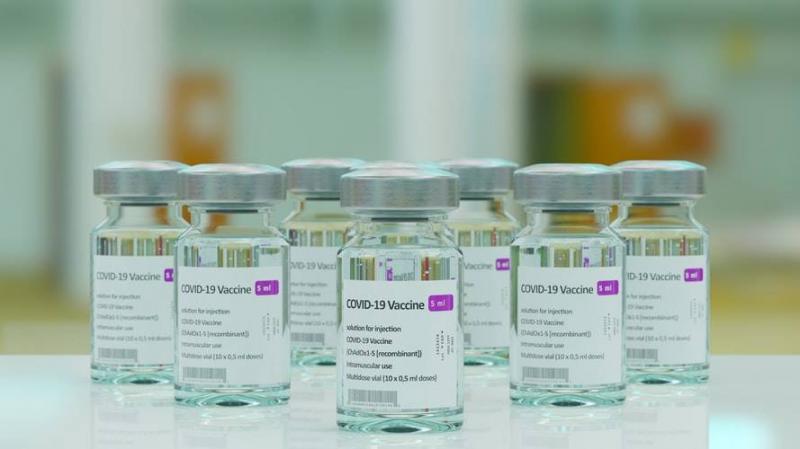A British study concluded that the likelihood of contracting the coronavirus significantly decreased after receiving the first dose of the "AstraZeneca" or "Pfizer" vaccine. The two vaccines proved effective for individuals over 75 years old and those with underlying health issues compared to others. The study, conducted by the Office for National Statistics and the University of Oxford, observed a strong immune response across all age groups with the use of these vaccines.
The research, detailed in two studies that have not yet been peer-reviewed or published, is based on virus tests involving 370,000 residents of the UK, making it one of the largest studies to date. The study provides further empirical evidence that the vaccines used in the UK to protect against COVID-19 are effective in safeguarding individuals from coronavirus infection.
In the first study, individuals who received a single dose of the "Oxford-AstraZeneca" or "Pfizer-BioNTech" vaccine were the least likely to be at risk of contracting COVID-19, with a 65% reduction in risk. Symptomatic infections decreased by 74% three weeks after vaccination, from December 2020 to early April 2021, while non-reported infections decreased by 57%. Those who received a second dose of the "Pfizer" vaccine had a 90% lower likelihood of infection. A similar calculation could not be performed for "AstraZeneca," as few individuals in the study received a second dose of the vaccine, which was rolled out later.
The study found that both vaccines demonstrated effectiveness against the variant strain that emerged in Kent County. Quinn Bowles, the lead researcher in the Nuffield Department of Population Health at the University of Oxford, indicated that the data supports the decision to extend the interval between doses. He added, "The protection provided by receiving the first dose of the vaccine supports the decision to extend the interval between the first and second doses to 12 weeks, which allows for the vaccination of as many people as possible with the first dose and reduces hospital admissions and deaths."
However, the numbers indicate that there is still a possibility of individuals who have been vaccinated against COVID contracting the disease again and transmitting it to others, emphasizing the need for social distancing and face masks.
The second study, which included about 46,000 adults who received a single dose of the vaccine, observed a strong antibody response, a sign that the two vaccines stimulate the body's immune system to protect against the virus across all age groups. Researchers noted that the antibody response "lasted widely for about 10 weeks afterward."
Although the levels of antibody response increased more slowly and to a lesser extent after a single dose of the "Oxford-AstraZeneca" vaccine, they decreased more rapidly after a single dose of the "Pfizer" vaccine, particularly in older age groups.
The study stated that the response was better for younger adults compared to older adults over 60 for both vaccines, but after two doses, antibody levels with the "Pfizer" vaccine were high across all ages. One surprising finding for researchers was that the increase in immune response for those over 80 years old after the second dose was much greater compared to younger age groups.
Researchers emphasized the importance of individuals receiving the second vaccine dose to increase protection. However, it is still unclear what the increase in antibodies after the COVID vaccine means. Professor Sarah Walker, one of the lead researchers in the study from the University of Oxford, stated, "We do not yet know exactly how much antibody response, and for how long, is necessary to protect individuals from contracting COVID-19 in the long term, but over the next year, the information from the study should help answer these questions."




